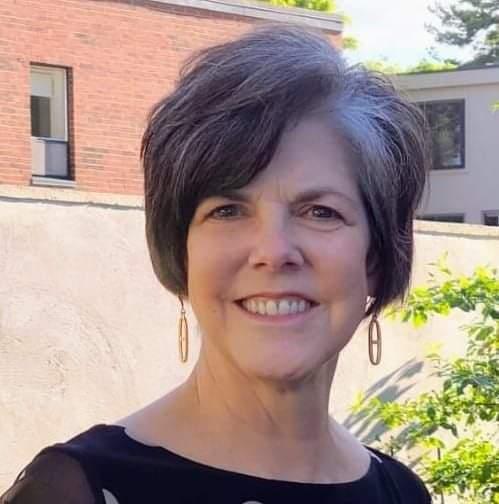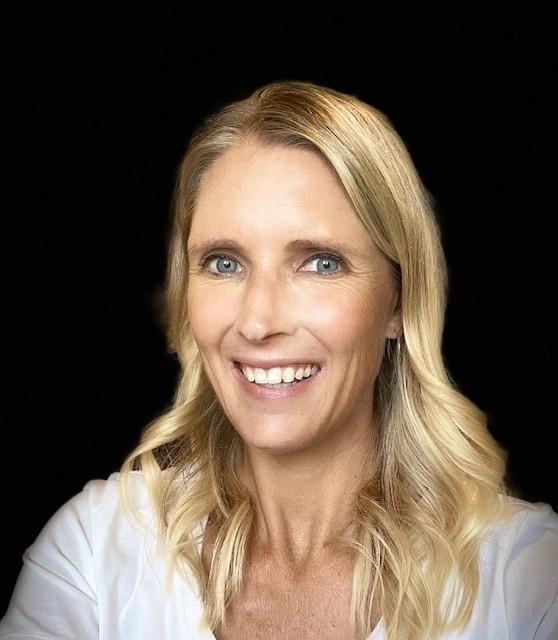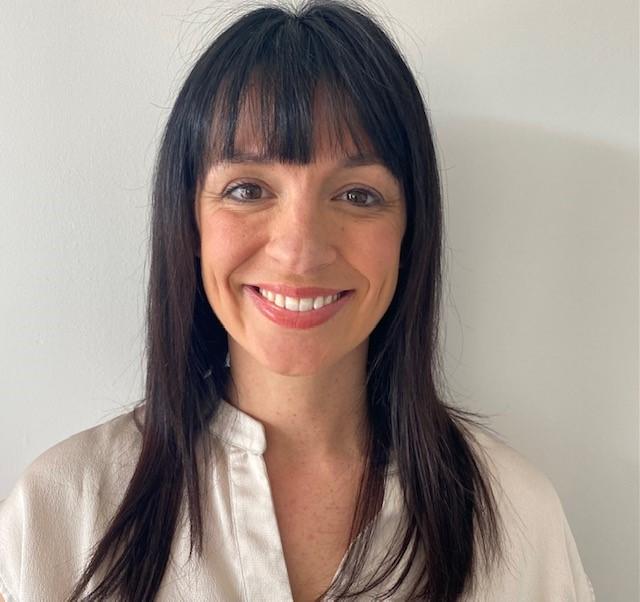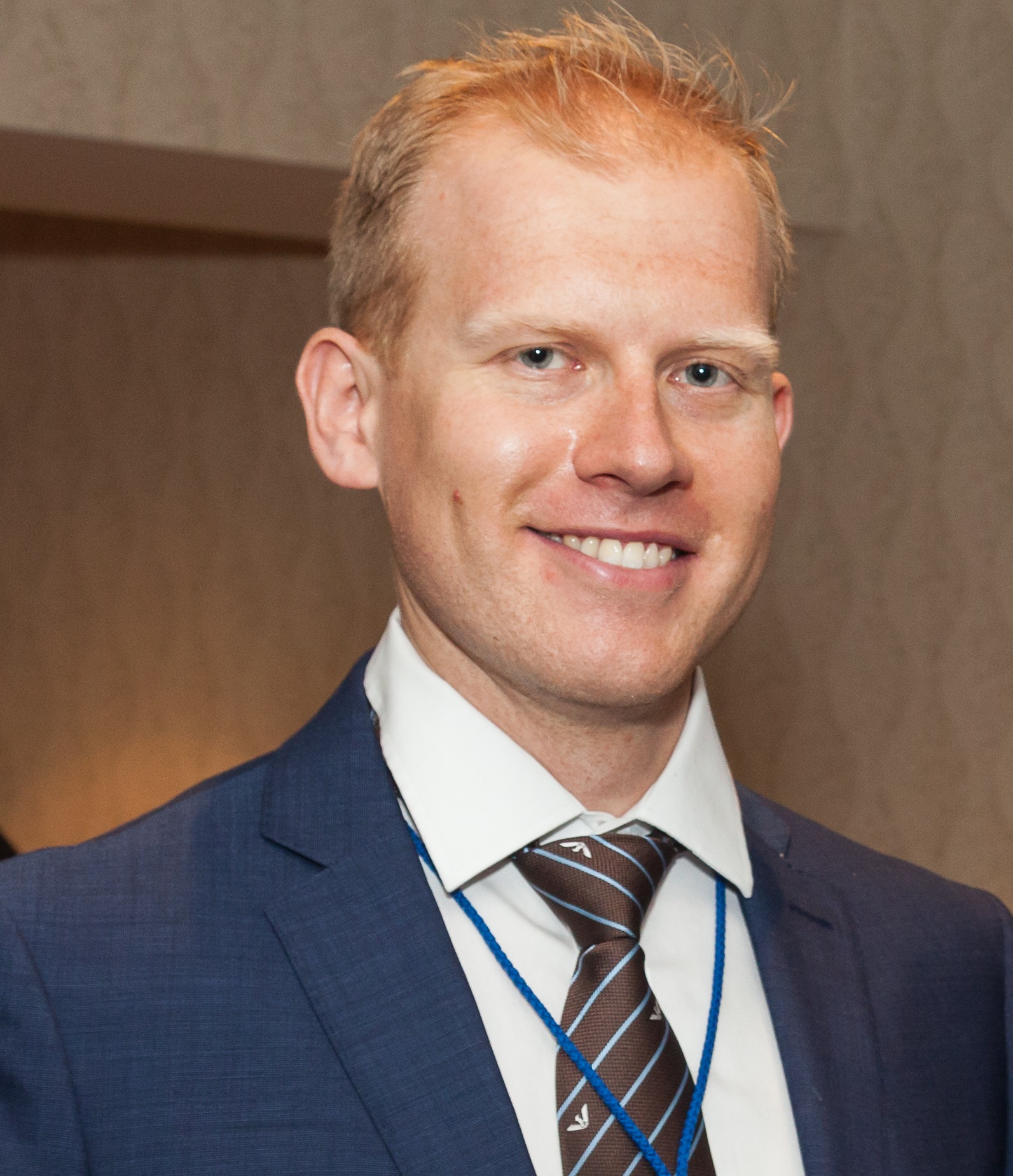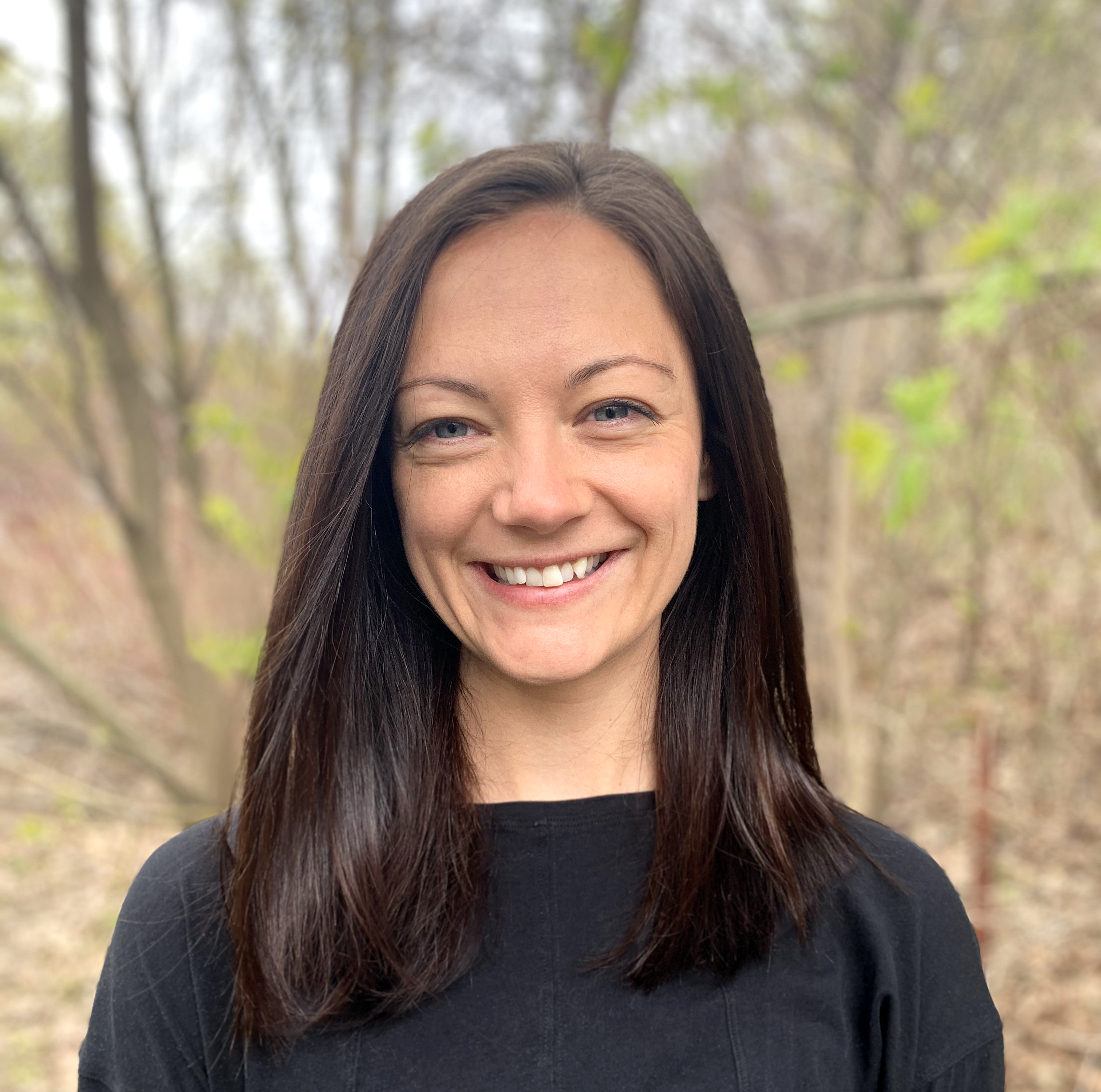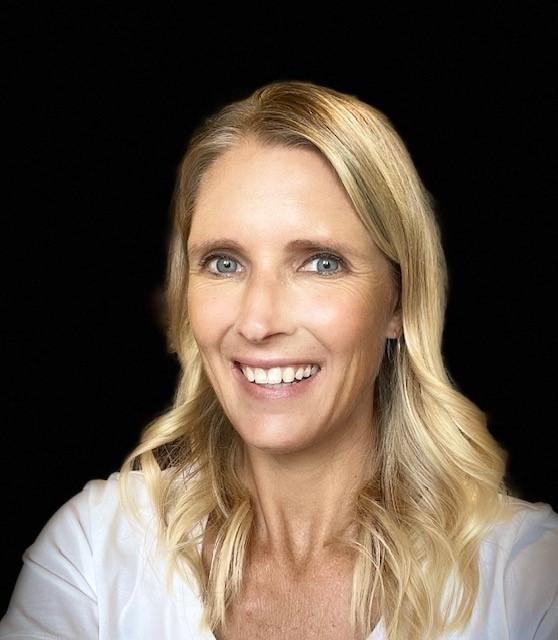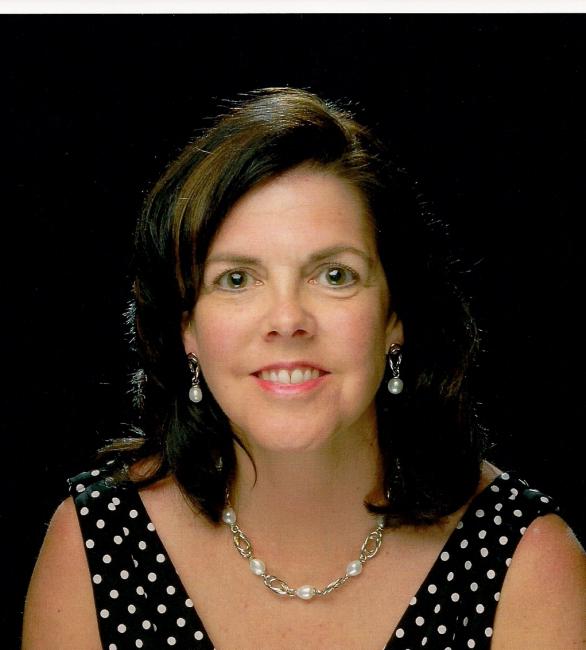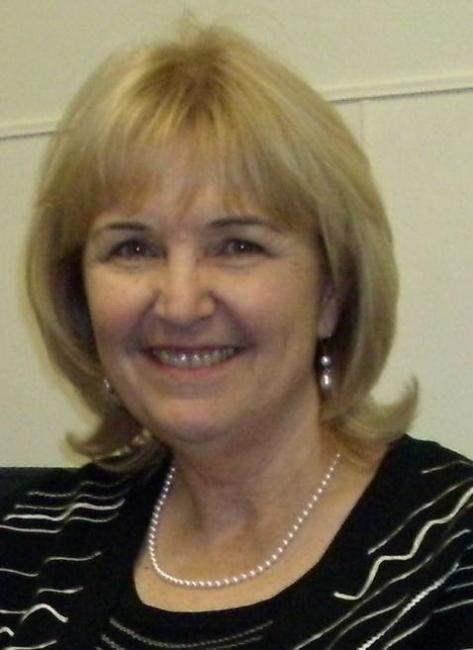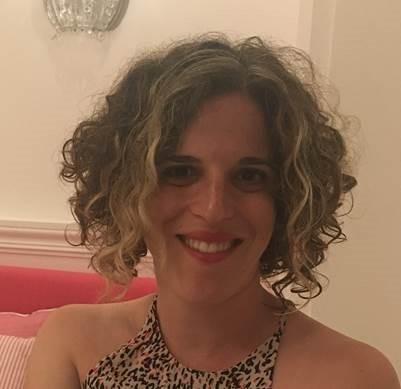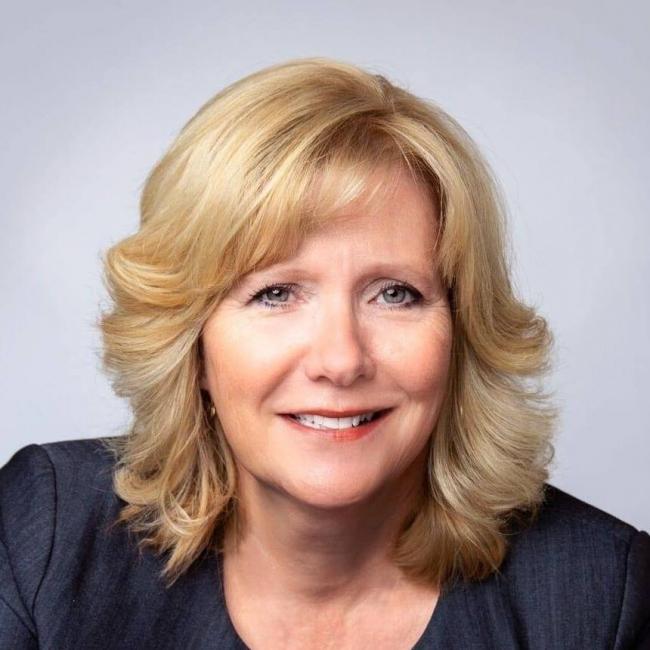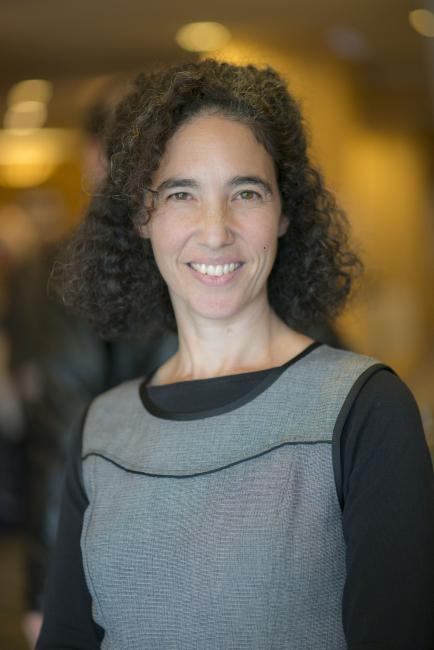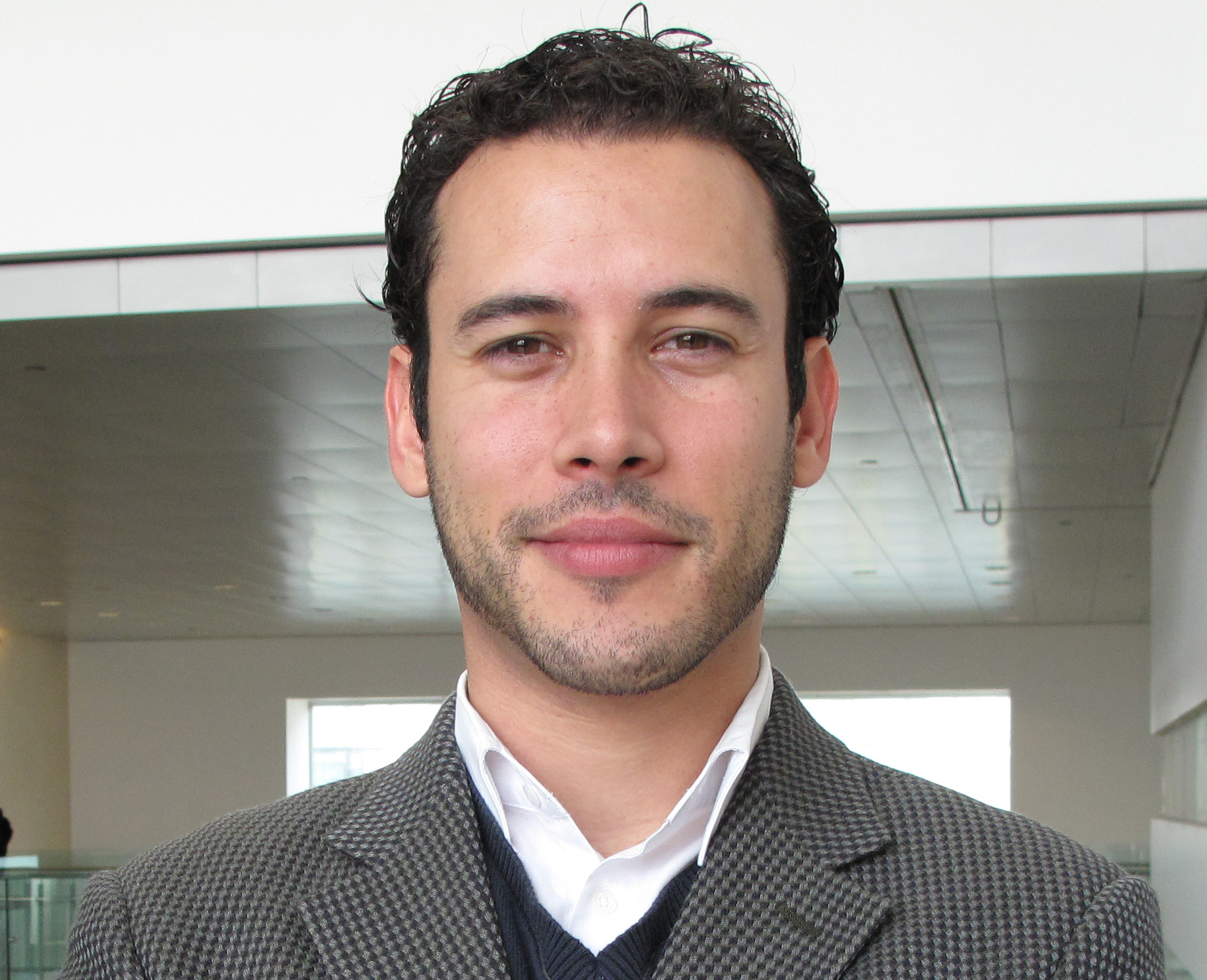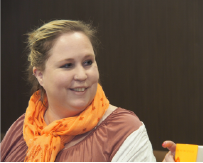Webinaire -Série de webinaires « Demandez à l’expert » : La suppléance à la communication et la communication alternative (AAC) pour les personnes autistes Partie 3 : Établissement des objectifs (en anglais)
De nombreuses personnes autistes sont aux prises avec des problèmes de communication, à un degré variable. Beaucoup ont, au moins occasionnellement, de grandes difficultés à communiquer verbalement. Il existe d’autres méthodes de communication qui peuvent les aider à communiquer leurs désirs et leurs besoins et à participer plus pleinement à leur environnement.
Cette série de webinaires présente les étapes à suivre pour choisir un système d’AAC destiné à une personne autiste qui bénéficierait d’une amélioration de ses habiletés communicationnelles, pour lui présenter ce système, pour le lui enseigner, pour l’évaluer et pour en encourager l’utilisation.
Ce webinaire s’adresse aux familles et aux aidants d’enfants et d’adolescents autistes, ainsi qu’aux professionnels qui travaillent auprès d’eux.
Partie 3 : Établissement des objectifs
Dans cette séance, nous apprendrons comment choisir un vocabulaire fonctionnel et significatif à enseigner au moyen du système d’AAC, et comment établir des objectifs spécifiques de communication.
Sessions supplémentaires dans cette série :
Partie 1 : Introduction à la suppléance à l’AAC pour les personnes autistes
Partie 2 : Nature et évaluation des compétences préalables à l’utilisation de l’AAC
Partie 4 : Introduction au système d’AAC et enseignement
Partie 5 : Résolution de problèmes et généralisation de l’AAC
Profil de la conférencière : Tracie Lindblad, M.Sc., orthophoniste agréée (CASLPO), M.Ed., BCBA
Doublement agréée comme orthophoniste et analyste du comportement (BCBA®), Tracie cumule plus de 35 d’années d’expérience en milieu scolaire, de même qu’avec des organismes sans but lucratif et en pratique privée. Elle possède une vaste expérience de travail auprès d’enfants, d’adolescents et d’adultes ayant un trouble du développement, de graves problèmes de comportement, un trouble du spectre de l’autisme, des besoins de communication complexes et un double diagnostic. Tracie combine ses compétences en orthophonie, en éducation, en analyse du comportement, en recherche et en affaires pour améliorer les chances de succès de ses clients. Elle a travaillé avec des clients et des entreprises en Amérique du Nord, en Europe et au Royaume-Uni. Tracie participe activement à la recherche appliquée dans les domaines de l’orthophonie et de l’analyse du comportement et a eu la chance de participer à de vastes études intersectorielles portant sur des personnes ayant des diagnostics de troubles du développement, d’autisme et d’aphasie. Elle siège également au conseil d’administration de plusieurs organisations ontariennes.
Déni de responsabilité : Les opinions exprimées dans ce webinaire sont celles des conférenciers et des présentateurs et ne reflètent pas nécessairement les points de vue d’Autisme Ontario. Prenez note qu’Autisme Ontario ne donne son appui à aucun produit, thérapie, traitement, stratégie, opinion, service ou individu en particulier. Nous appuyons cependant votre droit à l’information. À nos yeux, il est très important que vous fassiez vos propres recherches afin de prendre vous-même des décisions éclairées.

